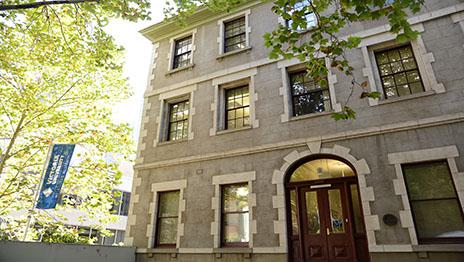
Pro Vice-Chancellor (Research and Research Training) Professor Warren Payne recently announced the establishment of a new university research centre, the Centre for International Research on Education Systems (CIRES). The announcement followed the official endorsement of the VU Academic Board.
The goal of the new centre is to investigate the origins and the consequences of low achievement in education across all sectors of education and training. It will work with governments and education providers to improve opportunities and outcomes through strategically focussed research that can inform strong and well-founded education and training policy. The focus of the research on addressing low achievement is based on a values commitment that aligns with the identity of Victoria University as a University of Opportunity.
CIRES aims also to internationalise its work and has already established an international research network focused on the study of how well education systems work and for whom. It is the lead centre for a major comparative longitudinal study of youth and transition, the International Study of City Youth (ISCY), linking researchers and research centres in twelve countries. ISCY follows matched cohorts of students in participating cities to provide information on students’ secondary school options, their trajectories into further study and employment, and their integration into civic and economic life. The study will examine how experiences and outcomes vary for different groups of students and which systems and policies are associated with better outcomes. The ISCY research network comprises a number of key education research centres in different countries which meet regularly to present and discuss results from the collaborative study and to share insights into research methods, educational policy and practice focused on improving educational opportunities and outcomes.
CIRES is led by Professor Stephen Lamb and currently employs twelve researchers. CIRES is administratively part of the College of Education and is co-located at 300 Queen Street with the Mitchell Institute and the Institute for Sustainable Industries and Liveable Cities (ISILC).
